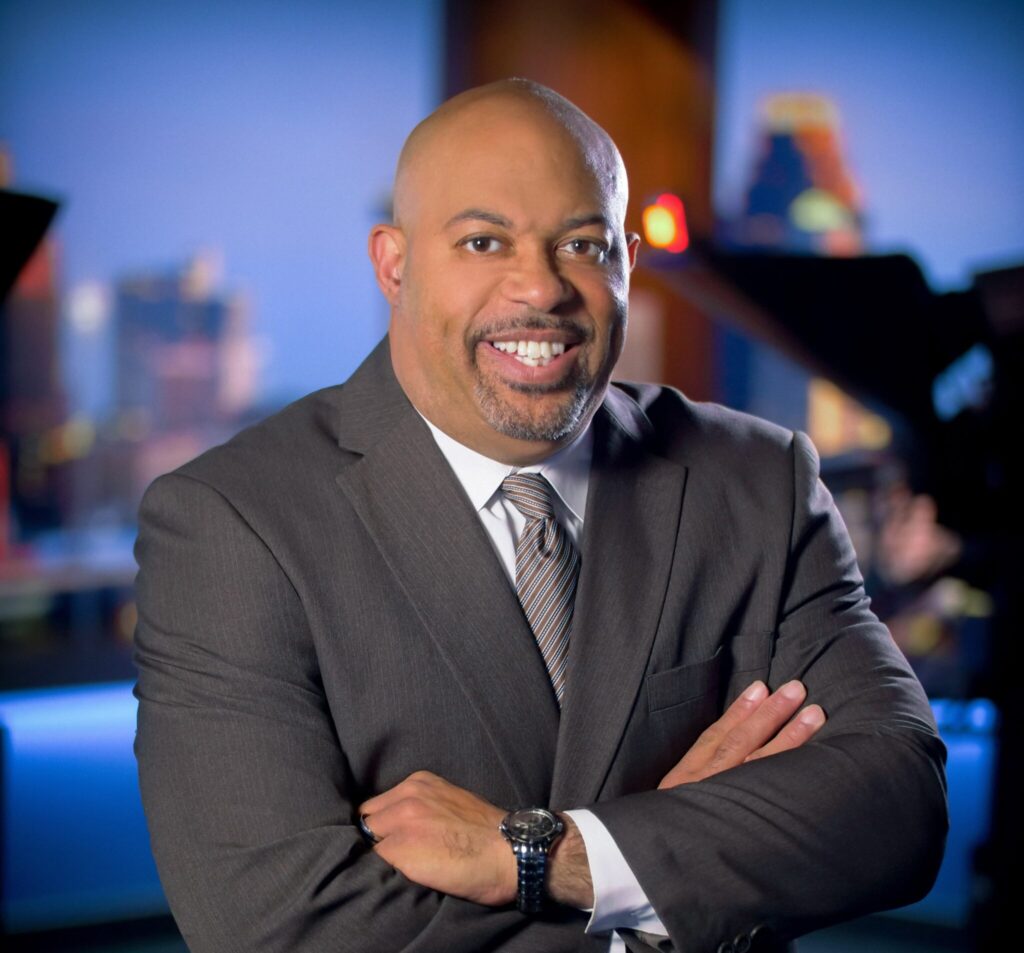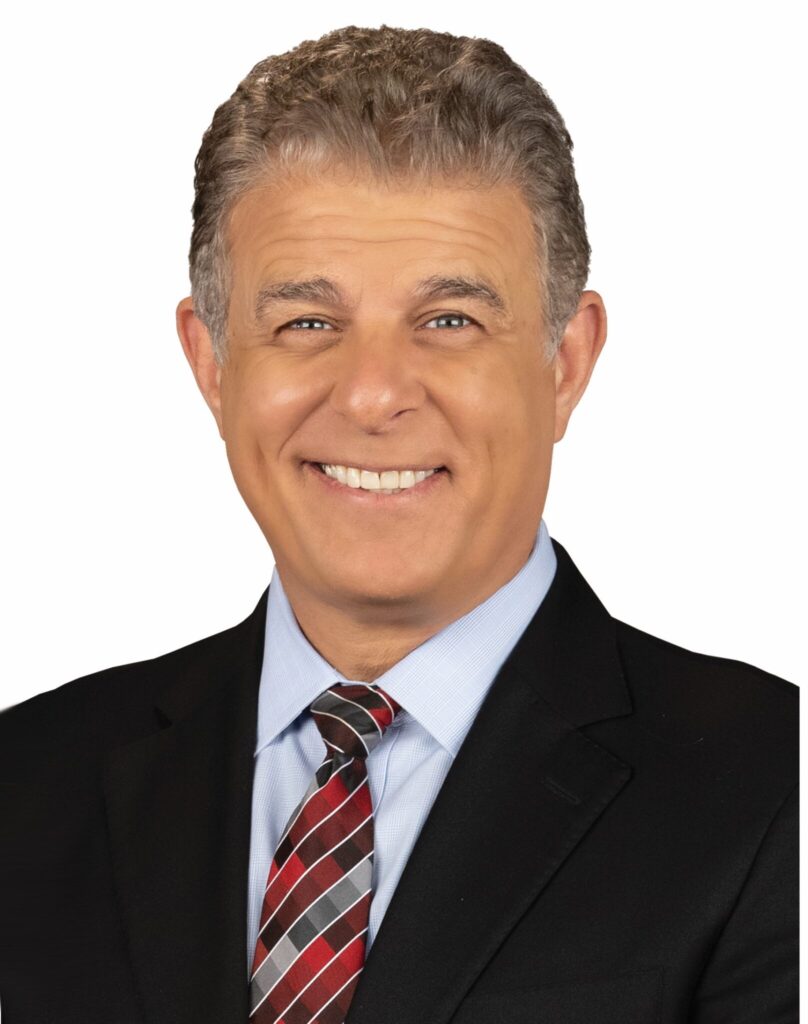
Nexstar’s Sook Makes A Case For JSAs
If the FCC approves the Comcast-Time Warner Cable merger, logic dictates that the commission should not impose more onerous rules for broadcast JSAs and SSAs, according to Nexstar CEO Perry Sook.
The $45 billion Comcast-TWC deal would combine the two largest cable companies. If the FCC allows that, then what’s the problem with sharing agreements including JSAs and SSAs that enable broadcasters to own multiple stations in a single market, Sook wonders.
“It makes sense to me that there would be no additional regulatory burdens placed on those who sit across the table from Comcast and Time Warner Cable,” commented Sook during Nexstar’s fourth-quarter earnings conference call.
“We certainly don’t have anything against consolidation,” he told analysts and investors. “But if the No. 1 and No. 2 cable entities can merge … why can’t we own and sell inventory of two television stations in Abilene, Texas? I think most people acknowledge that.”
New FCC Chairman Tom Wheeler signaled early on that he intended to take a hard look at JSAs and SSAs, and last week the U.S. Department of Justice came out in support of Wheeler’s plan to crack down on such service sharing agreements.
Predictably, broadcasters oppose making the rules for JSAs and SSAs more restrictive. Uncertainty over whether and how those rules might change is a speed bump for broadcast M&A.
The commission had scheduled a March 19 open meeting, in which JSAs and SSAs were to be discussed. However, it has been rescheduled for March 31.
Sook said that he and other broadcast industry executives have met with the FCC recently. Characterizing those conversations as “constructive,” Sook said he made the “logical argument” that approving the Comcast-Time Warner Cable merger wouldn’t square with new, tougher rules for JSAs and SSAs.
“The response we got is ‘we get it’ or ‘we haven’t made up minds’ on the Comcast-Time Warner Cable merger,” Sook said. “We’ll see where the chips fall and how they fall.”
Nexstar, meanwhile, continues with its push as a broadcast industry consolidator.
“We’re involved in M&A discussions, we have M&A in the pipeline,” Sook said. “We’re conforming to government regulations in force today. If those change in the future, we will work hard to find ways to conform to those new regulations and minimize the impact to the organization.
“We will continue to press our case (regarding regulations). At the same time, business goes on. I would not characterize anything as being on hold.”
Nexstar may be moving ahead with M&A but Sinclair, broadcasting’s top consolidator, faces tough scrutiny over plans to acquire Allbritton Communications and New Age Media.
In addressing litigation surround Aereo, Sook was circumspect, saying Nexstar is a party to the case in which a Utah judge recently imposed a six-state injunction against Aereo.
Ultimately, that case, which centers on whether Aereo’s service violates broadcast copyrights, will be decided by the U.S. Supreme Court.
“I can’t speak to what the justices might do,” Sook said. “We we feel that the record and technology show that Aereo is an illegal service. The facts are on the side of broadcasters — it’s an illegal service.”
Nonetheless, he downplayed Aereo’s effect on Nexstar. “We spend a lot of time talking about Aereo,” he said. “But I think the impact on our business is much less than the time we spend talking about it.”
























Comments (6)
Angie McClimon says:
February 26, 2014 at 3:00 pm
If you can buy the station, you should run the station. LMAs, JSAs, SSAs are the lazy way out. I don’t care what market you are buying in. Be the responsible broadcaster and run it. Far too many “companies” come in, buy a station and before a second passes, it’s already LMA’d to another station in town.
Wagner Pereira says:
February 26, 2014 at 6:57 pm
The Federal Reserve in Atlanta released a study today that shows bigger companies create jobs while smaller companies are actually destructive and have a negative effect on jobs, which supports these JSAs.
Scott Schirmer says:
February 26, 2014 at 4:14 pm
Because the #1 and #2 cable entities aren’t competing in the same markets. He does understand this basic fact, right?
Wagner Pereira says:
February 26, 2014 at 6:59 pm
Though I agree with Hook that JSAs have their place, glad to see someone else understands how far off Sook’s statement is. One will not win the JSA battle with the logic expressed in the story.
Ellen Samrock says:
February 26, 2014 at 5:23 pm
The Feds have done little for broadcasters beyond setting up roadblocks. In turn, broadcasters have devised novel ways to operate within the perimeters of these roadblocks while ensuring that their stations remain fiscally sound and continue serving the public. JSAs and SSAs are two examples of this. These arrangements work and they do so without harming anyone. If anything, they have enabled small-market stations to keep their newscasts and provide a better venue for advertisers. I realize that bureaucrats have to justify their existence somehow, but the FCC needs let things alone and stop setting up more business-killing roadblocks for broadcasters to deal with.
Phil Hammon says:
February 28, 2014 at 1:35 am
The FCC allows an interconnect to sell advertising for mu.ltiple cable companies in a market plus Dish plus Directv plus ATT and in most markets this interconnect bills more than any TV station. Why is this different than a jSA in the eyes df the FCC?